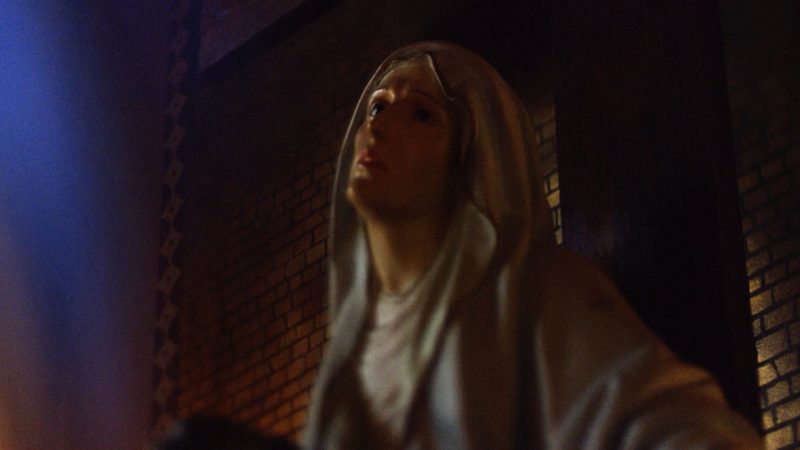Prayer for students is vitally important in culture today. School campuses are full of temptation and negative influences targeting students. Prayer is a way to influence students to make wise choices and excel in their studies. There are many topics in the curriculum that will impact their decision making for years to come. Our youth and young adults approach a time of their lives where they will make significant decisions about careers, marriage, children, and other life choices.
You Might also like
-
Holy Rosary – Sorrowful Mysteries
The Five Sorrowful Mysteries are traditionally prayed on the Tuesdays, Fridays, and Sundays during Lent. Each details the The Agony in the Garden, The Scourging at the Pillar, The Crowning with Thorns, The Carrying of the Cross, and The Crucifixion and Death of Jesus. In this video, the viewer is guided through all five Sorrowful Mysteries of the Rosary, offering a unique way to pray and meditate on Jesus’s journey from the Garden of Gethsemane to the Cross. Join us in prayer as we reflect on Jesus’s sacrifice for all sinners.
-
Prayer of St. Francis
The anonymous text that is usually called the Prayer of Saint Francis (or Peace Prayer, or Simple Prayer for Peace, or Make Me an Instrument of Your Peace) is a widely known Christian prayer for peace. Often associated with the Italian Saint Francis of Assisi (c. 1182 – 1226), but entirely absent from his writings, the prayer in its present form has not been traced back further than 1912. Its first known occurrence was in French, in a small spiritual magazine called La Clochette (The Little Bell), published by a Catholic Church organization in Paris named La Ligue de la Sainte-Messe (The League of the Holy Mass). The author’s name was not given, although it may have been the founder of La Ligue, Father Esther Bouquerel. The prayer was heavily publicized during both World War I and World War II. It has been frequently set to music by notable songwriters and quoted by prominent leaders, and its broadly inclusive language has found appeal with diverse faiths encouraging service to others.
-
Act of Contrition
The Act of Contrition is part of the Sacrament of Penance and is prayed by the penitent after the priest assigns a penance and before he gives the penitent absolution. It is also customarily said especially before one goes to bed at night. It is generally supposed that individuals might have recourse to an Act of Contrition when they find themselves in extremis.
The prayer expresses in words a deeply personal “act” that engages a person’s affections and will. Catholic teaching holds that “imperfect” contrition, is also a gift of God. Born of fear of eternal damnation or other penalties, it is nonetheless sufficient to inspire a valid Act of Contrition. There are different versions of the Act of Contrition, but all generally include an expression of sorrow, an acknowledgment of wrongdoing and a promise to amend one’s life and avoid sin.



